Employment Law Update – LGBTQ Employees Protected Against Discrimination
In Bostock v. Clayton County, Ga., the U.S. Supreme Court decided 6-3 that federal law prohibits employers from discriminating against employees based on their sexual orientation or gender identity. Justice Neil Gorsuch wrote in the majority opinion:
“In Title VII, Congress outlawed discrimination in the workplace on the basis of race, color, religion, sex, or national origin. Today, we must decide whether an employer can fire someone simply for being homosexual or transgender. The answer is clear. An employer who fires an individual for being homosexual or transgender fires that person for traits or actions it would not have questioned in members of a different sex. Sex plays a necessary and undisguisable role in the decision, exactly what Title VII forbids. . . . A statutory violation occurs if an employer intentionally relies in part on an individual employee’s sex when deciding to discharge the employee.”
Employers may not make adverse employment decisions against an employee because of their homosexuality or transgender status, including hiring, promotion, discipline, and termination. Employers should review their employee handbook and other employment practices to ensure they do not discriminate against LGBTQ employees. Discriminatory practices might include:
- Terminating an employee or refusing a promotion after learning the employee is homosexual or transgender;
- Refusing to interview or hire a candidate because the employer deems the candidate is not adequately “masculine” or “feminine”;
- Moving an LGBTQ employee away from a front-facing position because the employer fears customer backlash or thinks “our customers won’t understand”.
There are a number of unanswered questions in the Court’s opinion, some of which the Court explicitly identified. For example, the Court stated that it was not addressing how its opinion intersects with the constitutional doctrines supporting religious freedom, leaving those questions for another day. Employers must ensure they do not unlawfully discriminate against LGBTQ employees who come out at work as a result of Bostock. Some employers may continue to exercise the BFOQ (Bona Fide Occupational Qualification) exception if they legitimately need to hire an employee of a particular gender.
Now is a good time to review your employment policies and practices in light of this landmark case. If Roberts & Stevens can help you with training, employee handbook updates, or employment policies and practices, please contact Roberts & Stevens employment law attorneys Jackie Grant at 828-258-6909 or Susan Russo Klein at 828-210-6821.
